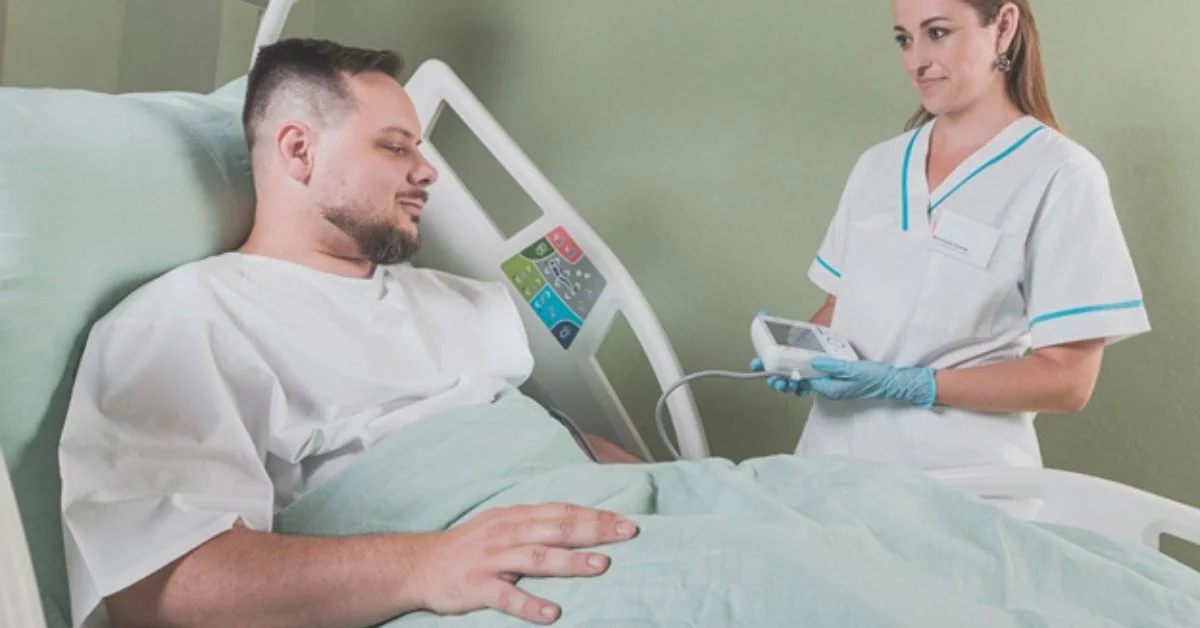Medical assistants enjoy a wide range of career opportunities across various healthcare settings.
From hospitals to specialized clinics, their skills are in demand everywhere where patients need care. Each environment offers unique experiences, making it easy to find a path that matches personal interests and professional goals in this rewarding field.
If you’re planning on becoming a medical assistant, here are some opportunities you’ll want to consider.
Working at a Hospital
After successfully completing a recognized medical assistant program, medical assistants can work in the healthcare industry in a variety of settings. One career opportunity lies within the walls of hospitals.
Within hospital teams, medical assistants support patient care across departments like emergency rooms or surgical units.
They manage tasks such as preparing patients for procedures, coordinating schedules, and handling critical administrative duties specific to each department’s needs.
Hospitals are fast-paced environments that come with daily challenges.
For those seeking variety in their workday while contributing directly to patient outcomes, hospital roles provide an engaging and rewarding path.
Working at a Cancer Treatment Center
Medical assistants play an important role in cancer treatment centers, where patients often require specialized care and attention. They assist oncologists by doing things like recording vital signs, managing patient records, and scheduling chemotherapy or radiation treatments.
Beyond administrative tasks, medical assistants provide emotional support to patients during challenging times. They ensure that both patients and families feel supported throughout their journey.
This role is ideal for those who value precision in their work while building meaningful connections with patients facing serious illnesses.
Working in Government Positions
As a medical assistant, you could find a fulfilling career within government agencies – which offers stability and unique opportunities to serve diverse populations.
These roles could involve working in public health departments, veterans’ hospitals, or correctional facilities.
Responsibilities often include administering vaccines, conducting health screenings, and managing medical records for programs aimed at community well-being.
Working in these settings allows medical assistants to contribute to large-scale health initiatives that make a meaningful impact on underserved communities.
For those drawn to public service with a focus on healthcare accessibility, government positions provide an excellent fit.
Working for Rehabilitation Facilities and Recovery Programs
Rehabilitation facilities rely on medical assistants to support patients working toward physical and emotional recovery.
These roles often involve assisting therapists, monitoring patient progress, and maintaining detailed records for treatment plans.
Medical assistants may also help with tasks like preparing therapy rooms or ensuring patients follow prescribed exercises safely.
The collaborative environment in rehab centers allows professionals to witness firsthand the positive changes their work brings to others’ lives.
For those passionate about fostering improvement and supporting healing journeys, this career path offers both purpose and fulfillment.
Working at an OB/GYN Office
Medical assistants in OB/GYN offices play a key role in women’s healthcare. These practices specialize in reproductive health, offering services like routine gynecological exams, prenatal care, and postpartum support.
Responsibilities often include scheduling appointments, preparing patients for exams or ultrasounds, and maintaining accurate medical records. Medical assistants can also provide comfort during sensitive procedures by creating a welcoming environment.
This setting is ideal for those who are passionate about women’s health and eager to make meaningful contributions to patients at important stages of their lives.
Working at a Laboratory
If you have a knack for detail, you could thrive in a laboratory setting.
At laboratories, medical assistants do things like collect specimens like blood or urine, prepare them for analysis, and maintain accurate labeling to ensure reliable test results.
Medical assistants also collaborate closely with lab technicians and pathologists to streamline diagnostic processes.
For those who enjoy structured environments and behind-the-scenes contributions that directly impact patient care, laboratories present an engaging and rewarding opportunity.
If you find this article helpful, click here for more.









